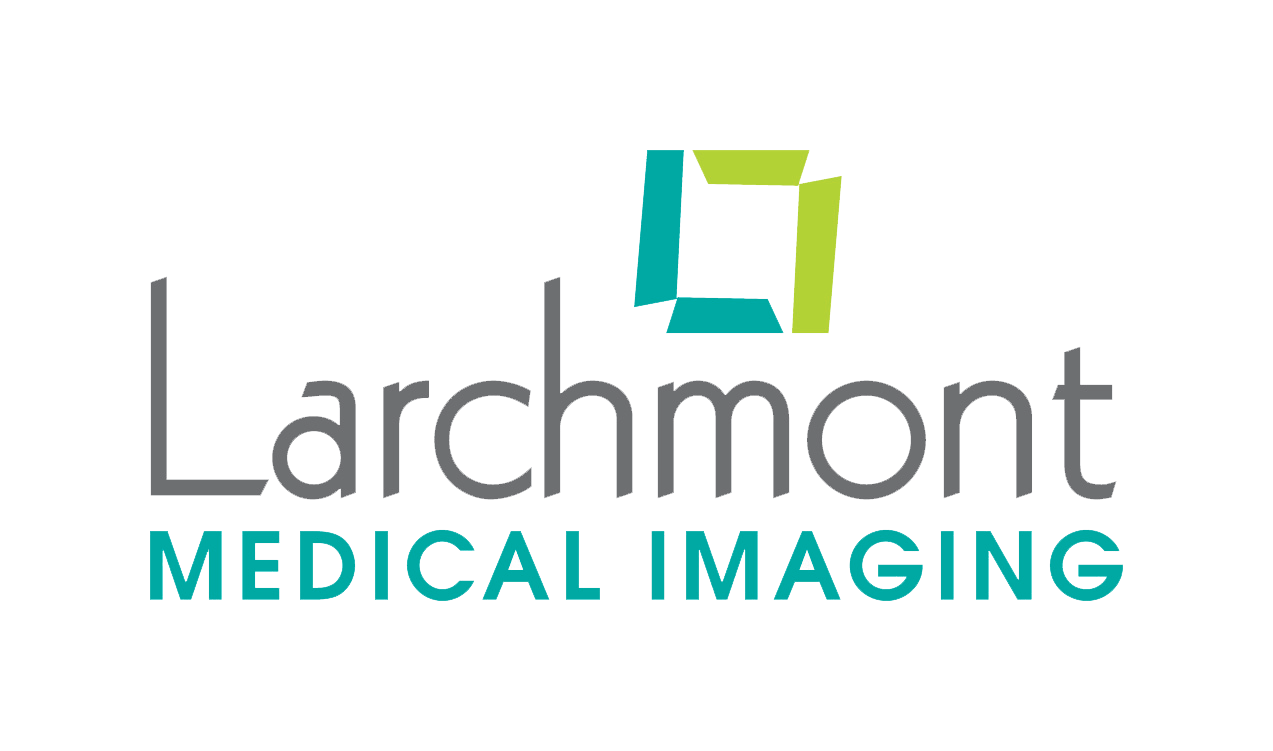How Much Does The Average MRI Cost?

Magnetic resonance imaging (MRI) is a widely used diagnostic imaging technique that provides detailed images of the internal structures of the body. It plays an important role in the diagnosis and monitoring of various medical conditions. However, the cost of an MRI can vary significantly depending on several factors. Understanding the financial aspect of MRI imaging is essential to make informed decisions about your healthcare.
What Is An MRI & Its Benefits?
An MRI is a non-invasive imaging technique that uses strong magnets and radio waves to produce detailed images of the body’s organs, tissues, and bones. It provides valuable information for diagnosing and evaluating a wide range of conditions. Here are some key benefits of an MRI:
- Detailed Imaging: MRI can provide high-resolution images of internal structures, allowing doctors to detect and assess abnormalities or diseases.
- Non-Invasive: Unlike invasive procedures, such as surgeries, MRIs do not involve incisions or the use of radiation.
- Versatility: MRIs can be used to examine various parts of the body, including the brain, spine, joints, abdomen, and pelvis, making it a versatile diagnostic imaging technique.
What Factors Influence the Cost of an MRI?
Several factors contribute to the cost of an MRI. Understanding these factors can help patients anticipate and navigate the financial aspects associated with the study. Here are some key factors that influence the cost of an MRI:
- Type of Location: The cost of an MRI can vary depending on the healthcare facility and its geographic location. Generally, hospital-based and university-based imaging centers have higher costs for MRIs because they have larger operating costs. Hospital-based and university-based imaging centers include added costs to cover the expenses of other departments including emergency rooms and oncology centers. Independent, outpatient imaging centers provide a lower cost option because they focus on only medical imaging, resulting in lower overhead costs.
- Type of MRI: Different types of MRIs may be required based on the area of the body being examined. For example, a brain MRI may have a different cost compared to a knee MRI or a whole-body scan.
- Contrast Material: In some cases, contrast material may be necessary to enhance the visibility of certain structures during the MRI. The cost of the contrast material can contribute to the overall MRI cost.
- Additional Services: The cost of an MRI often includes radiologist fees for interpreting the images and providing a report. Additional services, such as image analysis or second opinions, may incur additional costs.
How Much Does The Average MRI Cost?
The average cost of an MRI can vary significantly depending on the factors mentioned above. In the United States, the cost of an MRI can range from $400 to $3,500 or more per scan. The total cost includes both the technical component (equipment, facility, and staff) and the professional component (interpretation by a radiologist). It is essential to note that these figures are approximate and can differ based on individual circumstances and geographic location.
Does Insurance Cover MRIs?
Many health insurance plans cover MRI scans, but coverage can vary depending on the specific plan and the reason for the scan. Most insurance plans cover medically necessary MRIs, such as those ordered by a doctor for the diagnosis or monitoring of a medical condition. However, coverage may require pre-authorization or adherence to specific guidelines. It is important to check with your insurance provider to understand the extent of coverage, any deductibles, co-pays, or out-of-pocket expenses you may be responsible for.
What If I Don’t Have Insurance?
If you do not have insurance, thinking about the cost of an MRI can be stressful. However, there are options available to help manage the expenses:
- Negotiating with Imaging Providers: Many imaging providers are willing to negotiate the cost of services, including MRIs, especially for uninsured patients. It is worth discussing payment options directly with the imaging provider.
- Seeking Financial Assistance: Some imaging centers may offer financial assistance programs for individuals who meet certain criteria. These programs can help reduce or cover the cost of the MRI based on your financial situation.
- Using Independent, Outpatient Imaging Centers: Independent, outpatient imaging centers outside of hospital systems offer more competitive pricing for MRIs. Researching and comparing prices can help identify more affordable options.
Are There Ways to Reduce MRI Costs?
For patients who are concerned about the cost of an MRI, there are ways to help minimize expenses:
- Insurance Coverage Review: If you have insurance, carefully review your policy to understand the coverage details, including any network restrictions or requirements for pre-authorization. Choosing in-network providers can help maximize coverage and reduce out-of-pocket costs.
- Utilizing High-Deductible Health Plans: If you have a high-deductible health plan, consider contributing to a health savings account (HSA) or flexible spending account (FSA) to save pre-tax dollars for medical expenses, including MRIs.
- Shop Around: Contact multiple imaging centers to inquire about MRI prices. Comparing costs can help you find more affordable options without compromising quality.
Why Should I Choose Larchmont Imaging?
Recognized as a Diagnostic Imaging Center of Excellence (DICOE) by the American College of Radiology (ACR), Larchmont Medical Imaging has provided diagnostic and advanced imaging studies including MRIs for over 50 years to the South Jersey and Philadelphia area. Across our four convenient locations, we offer next-day and same-day appointments for MRIs, at costs up to 60% less than hospital-based imaging centers. If you are worried about the cost of an MRI, reach out to our patient services representatives, who can provide a good faith estimate to accurately predict how much your MRI will cost. To schedule an appointment, fill out our request an appointment form or reach out to any of the following locations:
- Medford Office – Medford, NJ
- Mount Laurel Office – Mount Laurel, NJ
- Moorestown Office – Moorestown, NJ
- Willingboro Office – Willingboro, NJ
Meet our board-certified, subspecialized radiologists who read and interpret our studies at Larchmont Medical Imaging here.
Frequently Asked Questions
An MRI, or Magnetic Resonance Imaging, is a non-invasive imaging technique that uses magnets and radio waves to create detailed images of the body’s internal structures. It is beneficial because it provides high-resolution images, is non-invasive (no radiation), and can be used to examine various parts of the body.
The cost of an MRI can be influenced by the location of the imaging provider, the type of MRI needed, the use of contrast material, and additional services such as radiologist fees.
The average cost of an MRI can range from $400 to $3,500 or more per scan, depending on various factors such as location, type of MRI, and additional services required.
Many health insurance plans cover MRI scans, but the coverage can vary. It is important to check with your insurance provider to understand the extent of coverage and any out-of-pocket expenses you may be responsible for.
If you don’t have insurance, there are options available to help manage the expenses. You can negotiate with imaging providers for lower costs, seek financial assistance programs offered by imaging centers, or consider independent outpatient imaging centers that may offer more competitive pricing.
Yes, there are strategies to minimize MRI costs. Reviewing your insurance coverage, utilizing high-deductible health plans and pre-tax savings accounts, and shopping around for affordable options are effective ways to reduce expenses.
Larchmont Imaging is a recognized Diagnostic Imaging Center of Excellence (DICOE) with over 50 years of experience. We offer next-day and same-day appointments at costs up to 60% less than hospital-based imaging centers. Our board-certified, subspecialized radiologists are highly trained to catch subtle irregularities that others may miss. To schedule an appointment, fill out our request an appointment form or reach out to any of the following locations:
